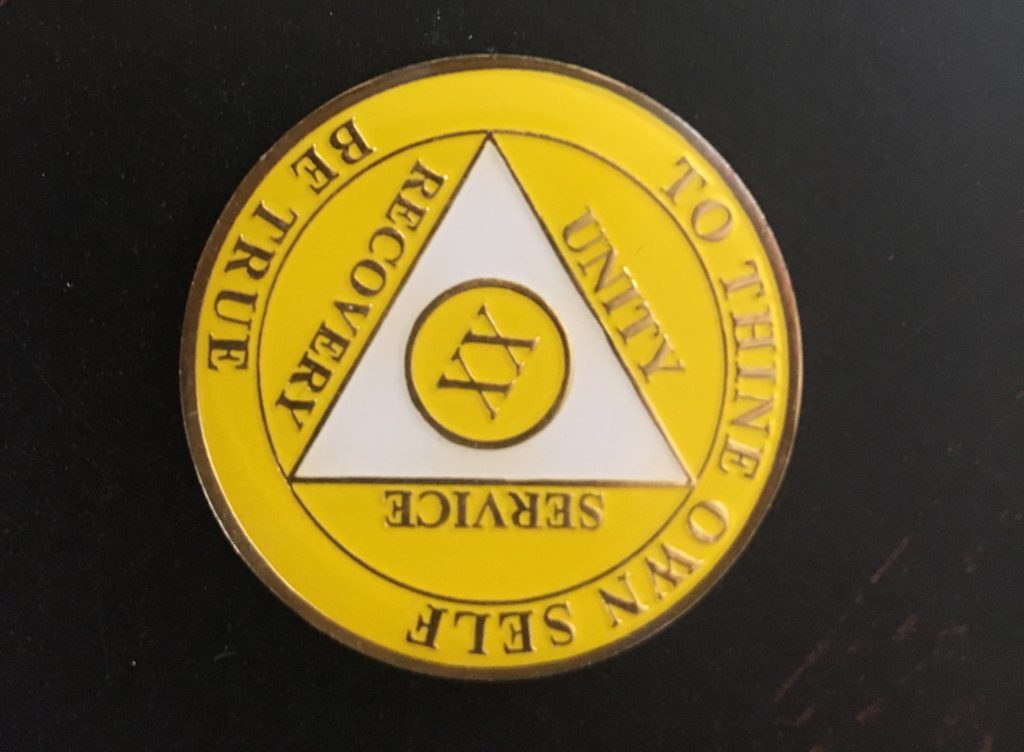We were both only children, John and I, united as siblings in our pre-teens when his mother married my father. For while, I chose this family, mirroring my father’s departure as I left my childhood island home and my mother on her own.
But, like so much of the future I envisioned for myself, this idyllic second family was as transient as I. At sixteen, I moved in with a boyfriend and soon after, my father and stepmother divorced.
John and I have stayed close all these years. We’ve shared our own divorce woes, visited each other across countries and continents. We spend summers together at the family lake house; I’ve watched my nieces go from cartoons to college.
John has also kept in touch with my father, the man who raised him. He’s nearing his nineties, insistent on living alone in his island cottage. He still drives, although his macular degeneration worsens each year.
Over the past five years, I’ve spent more time with my parents in the than I have in my entire life, and what I’ve found is this: it’s easier to be patient toward a mother with Alzheimer’s than a father who, in his ruthless determination to be terminally unique, is stubborn and quirky to a fault. He recalls very vehicle he’s ever owned in vivid detail. He prefers befriending the mice in his house to a visit from the exterminator. Often, his dinners consist of dark chocolate and a handful of peanuts.
Recently, John and I took our father on a riverboat cruise along the Seine. At first, I was a basket case. Dad complained. A lot. He slept through the whole excursion to Normandy. His breathing was as labored as a freight train going uphill. It took a week aboard that ship and John’s patient reassurances that I was a good daughter to finally accept my father for who he is.
Like the recent death of my husband’s daughter, I’m doing my best with a situation I’ve never been through: being a parent to my parents. Although his legs may be slower than his thoughts, my father’s mind is still razor-sharp.
And for that, we’re all grateful.



